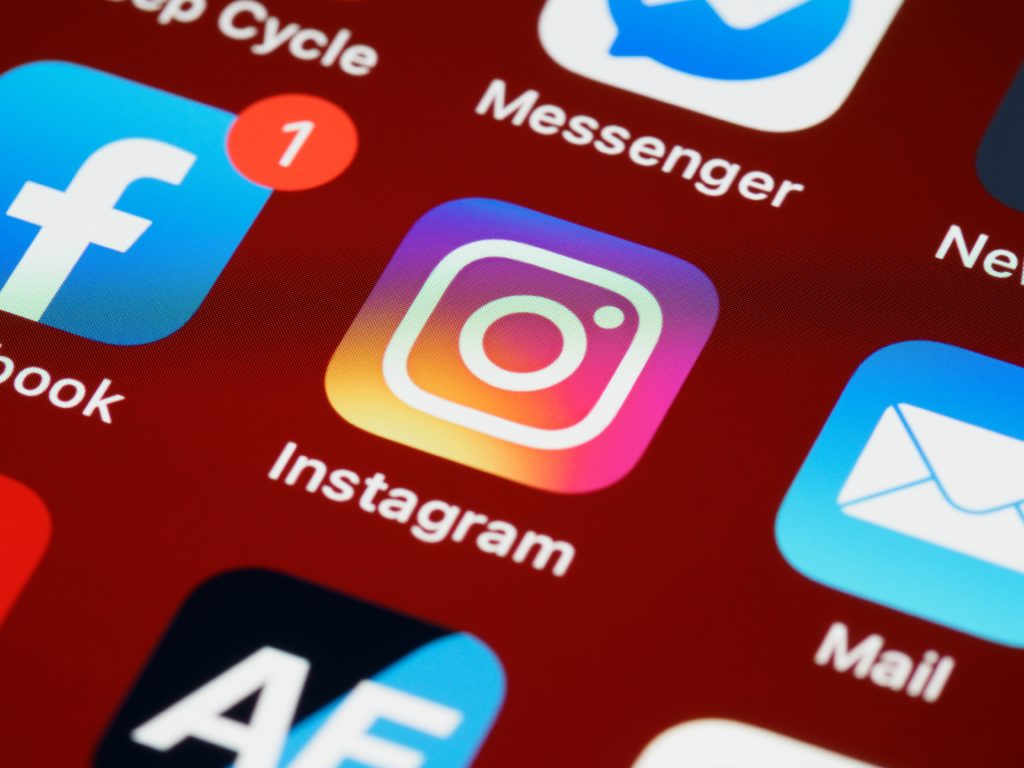
By Yvonne Milosevic
It’s time to tackle yet another digital dilemma facing today’s professionals. If it hasn’t happened to you yet, it surely will at some point. We’re talking about that awkward moment when your boss tries to friend or follow you on social media. Maintaining healthy boundaries between work and home life is essential. Sure, bringing your authentic self to the office is in vogue right now. But there’s a limit to how much we feel comfortable sharing with our superiors.
If they start following you online, you might feel the need to start censoring your posts. Does your boss really need to see the antics that followed your bottomless mimosa brunch? What about those “Is it 5 o’clock yet?” memes you can’t resist sharing? Even if your online activity is very PG, having your manager see posts of what you do off the clock is—for many employees—mega cringe.
To get to the bottom of this online etiquette issue, we turn first to a new study co-authored by Wharton School Deputy Dean Nancy Rothbard. In a recent chat with the Wharton Business Daily podcast, Rothbard discusses findings from the paper, “OMG! My Boss Just Friended Me.”

“There’s a tension that people have between this exhortation to bring your whole self to work, to connect, to be a part of things, but also to keep a separation between your personal and your professional life,” she explains.
Sharing With the Boss vs. With Colleagues
Through various studies, Rothbard and her co-authors, Lakshmi Ramarajan of Harvard Business School; Ariane Ollier-Malaterre of the University of Quebec; and Wharton doctoral candidate Serenity S. Lee, discovered a range of reactions to work boundaries on social media. While many respondents felt okay about befriending co-workers online, the responses were notably chillier when a supervisor initiated the connection.
Some considered such requests flat-out creepy. Others felt that having their manager follow them on social media felt like being spied on after hours. Still others expressed concern about how those online ties could affect their professional prospects.
“It was nice to feel like they wanted to get to know me more,” said a 34-year-old male digital operations manager. “But at the same time, it was my boss, who had power over my career.”
“People in general were leery of connecting with their bosses. They were more uncomfortable with a boss than with a peer,” says Rothbard. “They were also somewhat uncomfortable connecting with subordinates, so that hierarchical distinction was a bright line that people worried about crossing, although there was more concern with connecting with a boss.”

Practical Tips for When Your Boss Tries to Friend or Follow You
The consensus is that having social media boundaries between managers and the people they oversee is usually a good thing. So, how should you respond when your supervisor feels differently?
Thankfully, you have a few options when your boss tries to friend or follow you on Instagram, Facebook, or Twitter. Try one of these on for size.
Scenario 1: the Facebook friend request.
This one is relatively easy. It may sound like a copout, but we’d argue that you can safely ignore the request. In most cases, your boss won’t straight up ask why you haven’t accepted them. But if they do, you can claim you rarely use Facebook these days and didn’t see the request. If they persist, you can say, “I only use Facebook to keep in touch with my family and childhood friends. I hope you understand.”
If that doesn’t end the conversation, you have more serious boundary issues to contend with.

Scenario 2: the Instagram follow.
Is your account set to private? Before declining their request, send a friendly message to your boss to let them know that your Insta is for family and friends only. You could then offer to connect with them on a more professional network like LinkedIn.
If anyone can follow your account, things get a bit trickier. “What you’re disclosing on that site can have implications for [the employer’s] view of you because it’s unfiltered and they don’t have context to put it in,” Rothbard explains.
In that case, you can use the “close friends” option to share your NSFW stories with a subsection of followers. Another option is to have a private account for friends and have a second, more public social media page for everyone else. This is a terrific alternative as your career grows and social media use changes.

Scenario 3: the Twitter follow.
Regular readers might suspect that we advocate a different approach when it comes to Twitter. That’s because this platform focuses less on personal relationships and offers a unique opportunity to showcase your professional strengths in a way that could advance your career. Pruning your profile to make it more work-friendly, or creating a separate account that bolsters your brand, is worth considering.
If you’re worried about how some of your “weirder” posts come off, you can always go the route of adding a disclaimer to your profile. Try something like, “Tweets are my own and should never be taken seriously.” But, as with any social media profile, Rothbard warns, “You have to be really careful about disclosing some things so that you’re seen as more human and relatable, but perhaps not disclosing things that are TMI.”
It might feel awkward to shut it down when your boss tries to friend or follow you online. But you’re under no obligation to comingle your professional and private lives. Whether their reasons are purely out of friendly curiosity or a nefarious desire to spy on your downtime, know that you have every right to keep the boss out of your feed and off your timeline.


